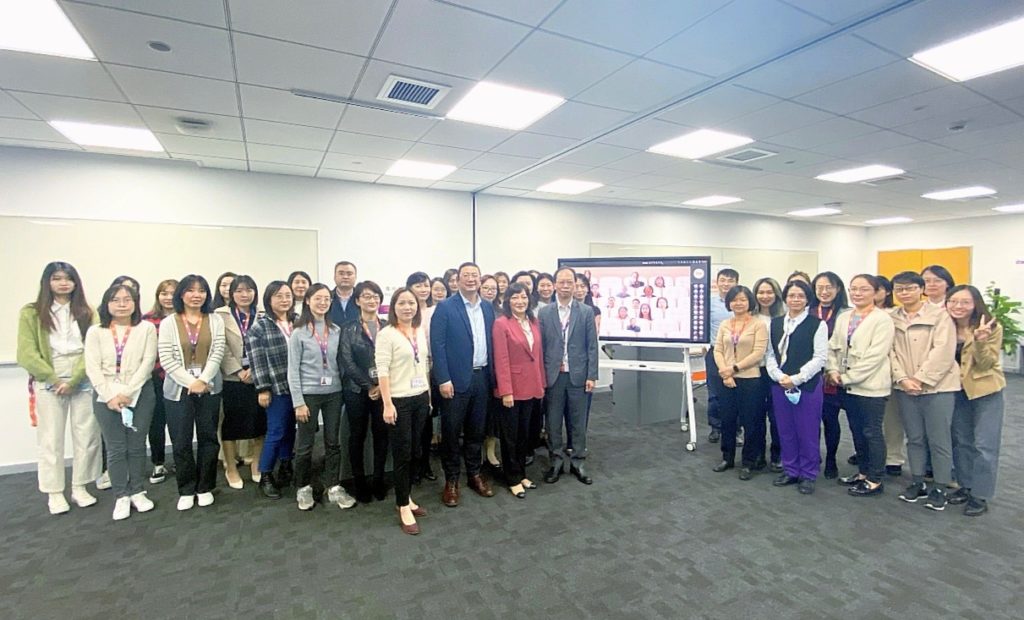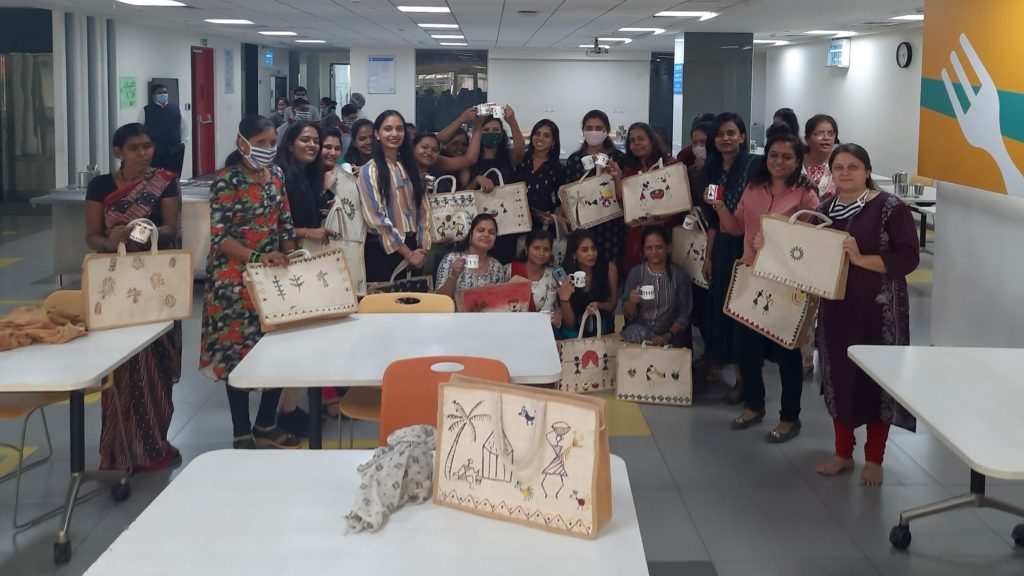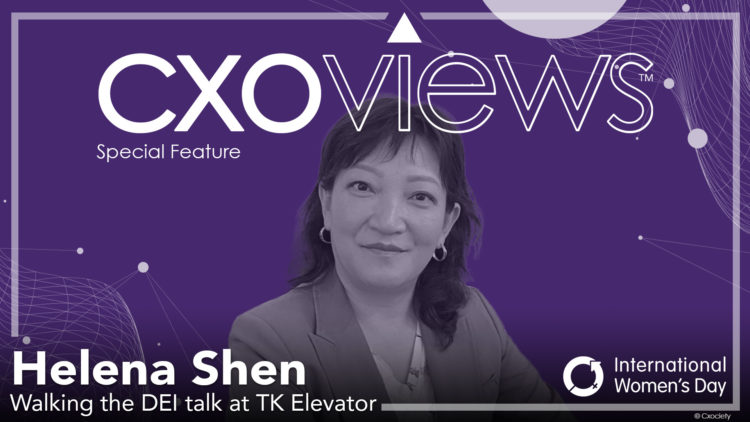Elevators and escalators are mechanical machineries for moving people built as far back as 1889 and 1892 respectively. They are a common fixture of modern buildings, commercial, industrial and in some cases even residential.
Fortune Business Insights research forecasts that the market will reach US$132 billion by 2029, growing at a CAGR of 6.7% during the forecast period. While the pandemic has contributed to a -3.5% in 2020, the re-opening of markets is expected to restart growth, with manufacturers shifting focus to improve safety. Other notable developments among manufacturers are a focus on energy efficiency and the use of environmentally friendly materials and sustainable practices.
As a global business, TK Elevator (TKE) has over 50,000 employees and about 1,000 sales and service locations serving customers in over 100 countries. In Asia-Pacific (APAC) TKE has four manufacturing facilities, over 100 branches and more than 100 service locations across 22 countries in APAC & the Middle East. Employee headcount in APAC stands at about 20,000 with the 160-strong human resources team in the region reporting to Helena Shen, TKE’s chief human resources officer for Asia Pacific.
In celebration of International Women’s Day 2023, FutureCIO spoke to Shen about her views on gender equality and her personal and professional journey.
For much of your career, you’ve stayed in the human resources function. How have the practices evolved over the years?

Helena Shen: In the earlier days of my career, diversity, equality and inclusion (DEI) was not a loud topic, however, it was a common practice for many international companies to pay attention to developing talents from each market they operate to embrace cultural & behavioural diversity.
Over time, more focuses emerged on promoting gender diversity, ethnicity, disability and many more. Corporations realised the importance of force for good, as well as the excellent performance of a diverse workforce.
Now, DEI or BEI (B for belonging) is an important agenda not only because of ESG performance, but it has also become an essential part of employer branding, a must-have for being a great place to work, and a must-have for being a successful business.
If you look at the industry that you are in, what is the most prevalent obstacle to diversity and inclusion?
Helena Shen: Traditionally, many of the tough, on-site engineering works were done by male employees, and for a very long-time championship of diversity and inclusion at board and management levels was not strong enough.
With the support of our new board and business leaders, we are elevating the DEI/BEI ownership to the leadership level, we are introducing a clear DEI policy, and ESG commitment at all levels of the organisation.

We have also facilitated the emergence of Employee Resource Groups (ERGs), as our employees want to join hands and support each other to raise awareness of inclusion. Together, we will further advance the deployment and sponsorship of DEI initiatives.
In engineering and tech-focused industries, the long-standing male domination is gradually changing, and workforces are becoming more culturally diverse in many markets. More females with tech and engineering backgrounds chose to join us in hands-on and technical roles, in departments such as R&D, sales engineering, manufacturing, frontline operations and more.
Making DEI a priority helps TK Elevator build a strong and positive employer brand and reinforces TK Elevator’s image as an inclusive and responsible employer in the eyes of the public and job seekers.
The IWD 2023 theme is DigitALL: Innovation and technology for gender equality suggest technology can and should be used as a tool to improve DEI. What is your view on this?
Helena Shen: I have two simple angles, many women can accelerate in the Tech world just as well as men, and the same for people regardless of age, ethnicity etc.
With tech, it enables remote and flexible working, particularly good news for those who have caregiving duties or mobility challenges. It also promotes collaboration across time zones, boundaries and languages.
In a post-pandemic era, companies are looking for more innovative ways to promote smarter working and collaboration between individuals, teams, and countries. With online-based productivity tools and mobile devices, technology allows corporations like us to leverage talents more efficiently in their workforce, regardless of their background and location.
There is a stereotype that women are at a disadvantage when it comes to senior leadership roles. How can Asian professionals break this barrier?
Helena Shen: Many women carry the caregiving role as well as the desire to advance their careers. I think as a society, we shall educate men about the joy of caregiving and enable them to share the caregiving duty.
As a company, we should have the courage to discuss shifting from the story of career-focused people to life-focused people, with that we would be about retaining the best talents by accommodating their specific personal and family needs while contributing to the success of the business.
We should also embrace different leadership and decision-making style, by sharing stories and leveraging the power of role models.
Women were also often judged by prejudice to lack the ability to make tough decisions — women who were brought up under strong male influence may find it difficult to debate and disagree with the senior male leaders.
When I was young, I was told girls should be seen but not be heard, I think that has to be changed in a corporate environment. At the workplace, I always encourage my female colleagues to speak up and stand firm for what we believe is right.
The organisation especially senior leaders should create an opportunity to create an environment where people can speak freely, and all voices are heard, this is something I strive to make a difference in my role. Female leaders often learn skills from their caregiving experience, which can be applied at the workplace effectively, example are how to observe unspoken language, listening skills, and show others that they care.
Companies should encourage female talents to take up frontline roles, P&L roles and challenging roles to gain leadership experience. Cross-culture exposure and multi-lingual are other important skills to succeed in a senior leadership role.
Encouragement for female leaders to take on job rotations across cultures will enhance their readiness to step up and become part of senior leadership.
On the media front, we shall put forward more inspirational models who are Asian female leaders, sharing with the public their success stories to inspire younger generations.
Inside organisations and companies, I encourage Asian female managers and team leaders, especially those who hold regional roles, to leverage every opportunity to communicate bilaterally with their bosses and subordinates, to make their values and capabilities known and their voices heard.
What, in your opinion, will lead to more women’s participation in leadership roles, particularly in the C-Suite?
Helena Shen: Many female leaders arise to the C-Suite because they are great leaders both in making business decisions and in leadership.
We must set policy and expectations, i.e., we shall aim to have 50% females in the board room to start with. Companies should establish clear and progressive career development policies and opportunities so that colleagues regardless of their gender will have a fair chance to excel in their roles and contribute to the success of the company.
As a company, we should support women at work while they are managing life-changing events e.g., childcare. In everyday practice, we should look into how we promote people, are we using fair criteria to evaluate performance and potential? Embracing diversity is a must-have lens in the talent management process.
Apart from setting targets, the board members must be truly committed to diversity, therefore their involvement in talent identification, development guidance and most importantly active sponsorship is a must.
Would practising DEI benefit an organisation’s sustainability/ESG effort?

Helena Shen: I think long-term vision and sustainability are shared keywords between DEI and ESG concepts. As part of the corporate responsibility agenda, companies need to know and strategize how they contribute to society.
"Prioritising DEI will improve all ESG efforts as DEI creates an environment that is great for every employee and attract the future generation, it gives everyone an equal opportunity to be successful in life in general and create a happier society."
Helena Shen
DEI elevates the performance of individuals and teams, it’s the catalyst for innovation, and it is important to create an engaged workforce. Together, we create a better society and a better world for today and tomorrow.
ESG on the other hand, not only has it become a performance indicator among investors, but it is also about doing business responsibly and transparently, with long-term development and sustainability in mind. Emphasising DEI not only helps businesses reinforce a socially responsible image, but also reflects a company’s long-term value, in alignment with its ESG efforts.




